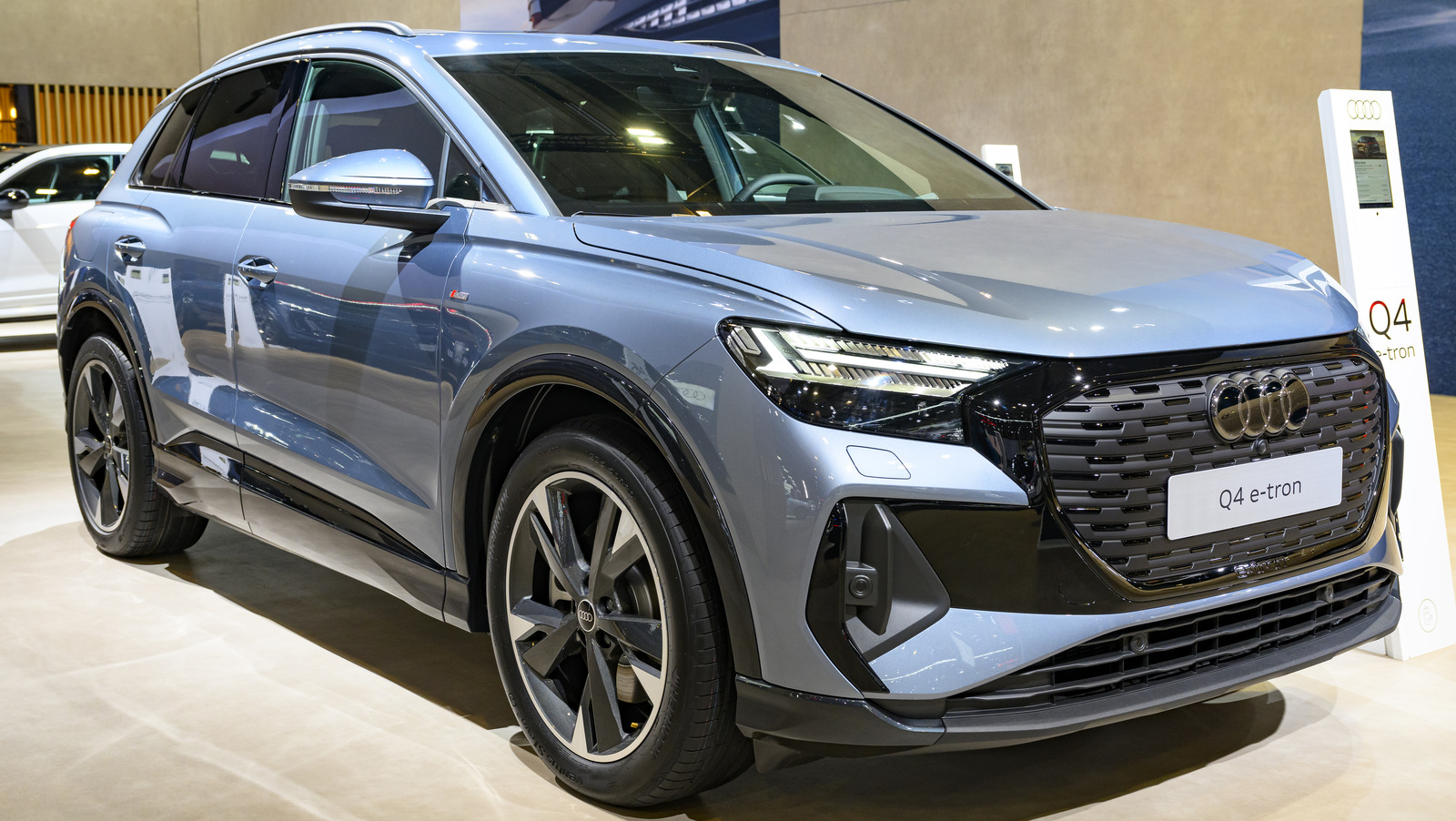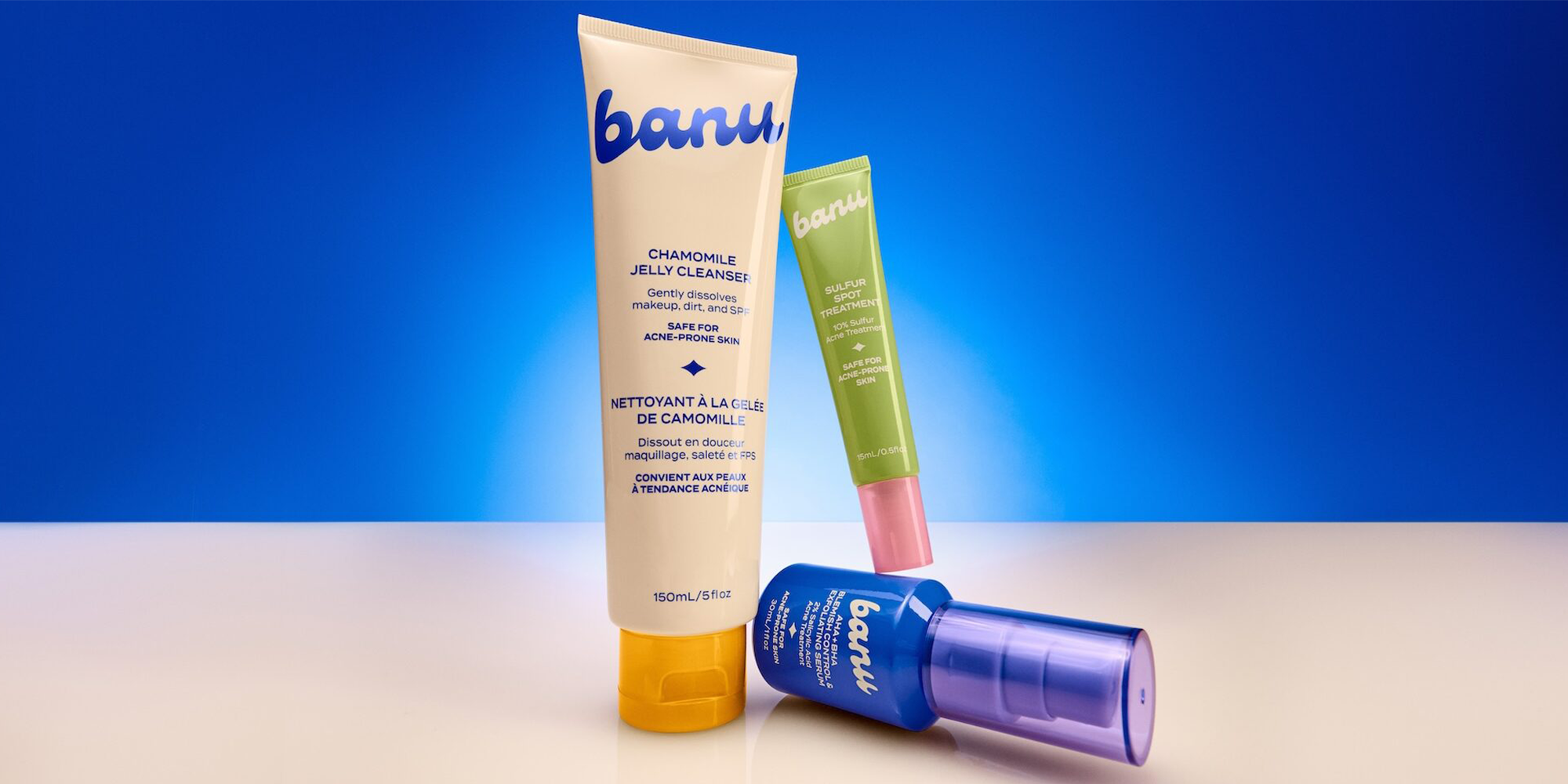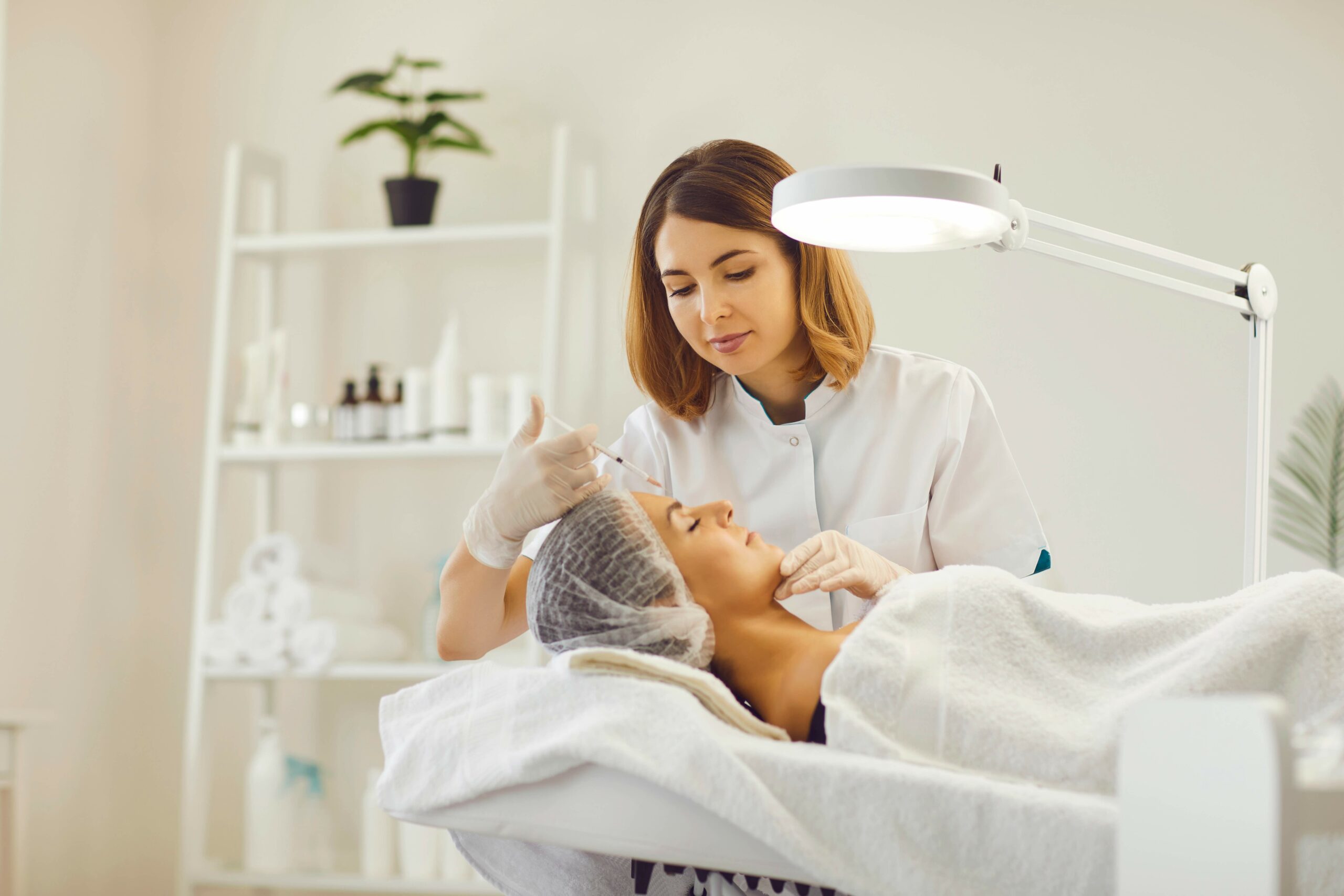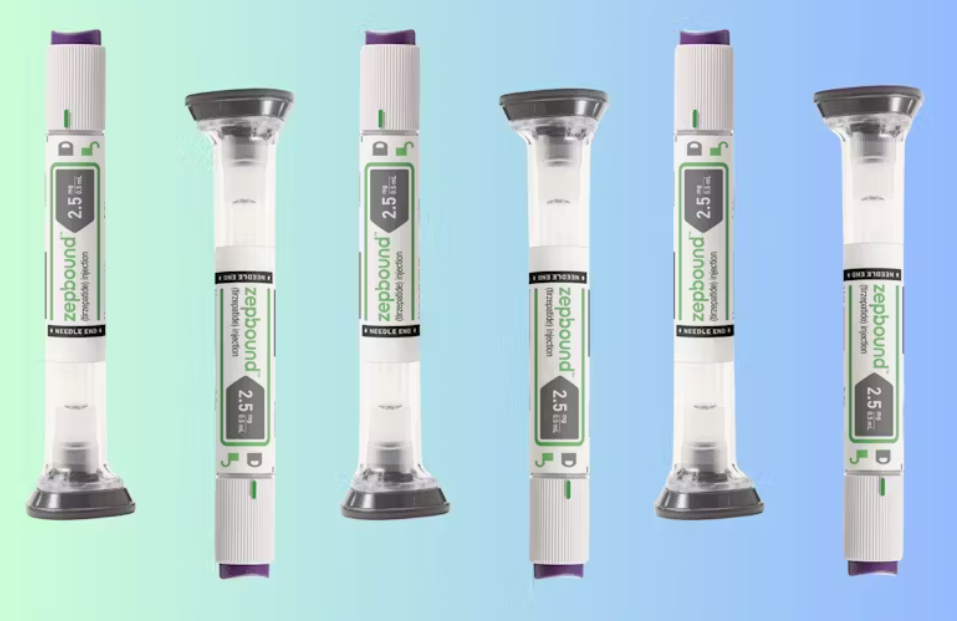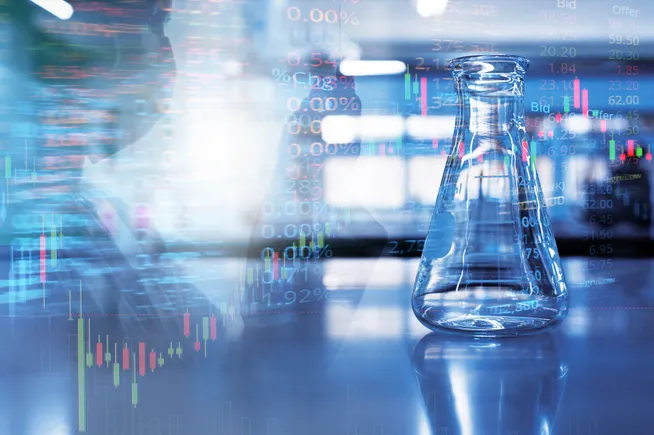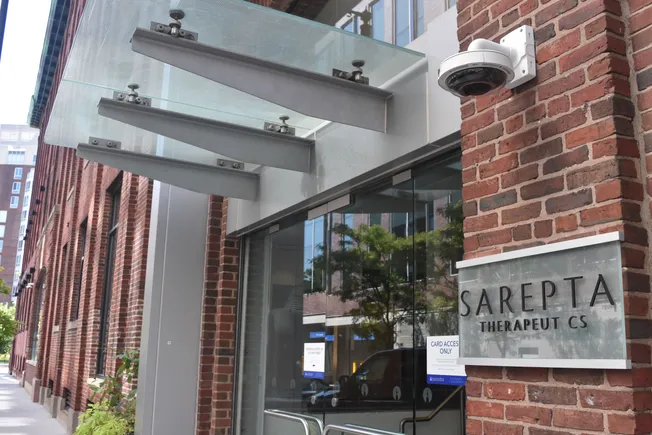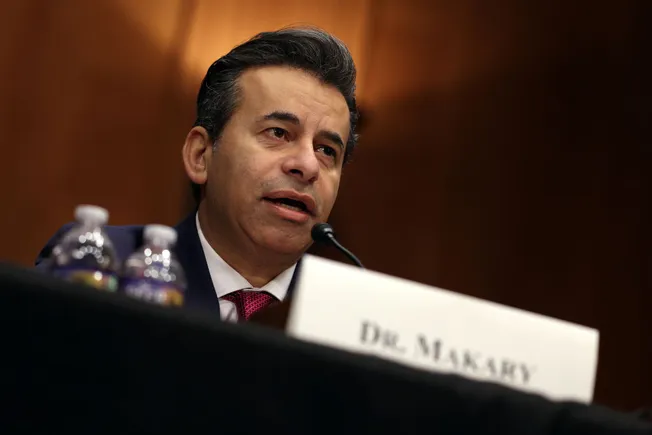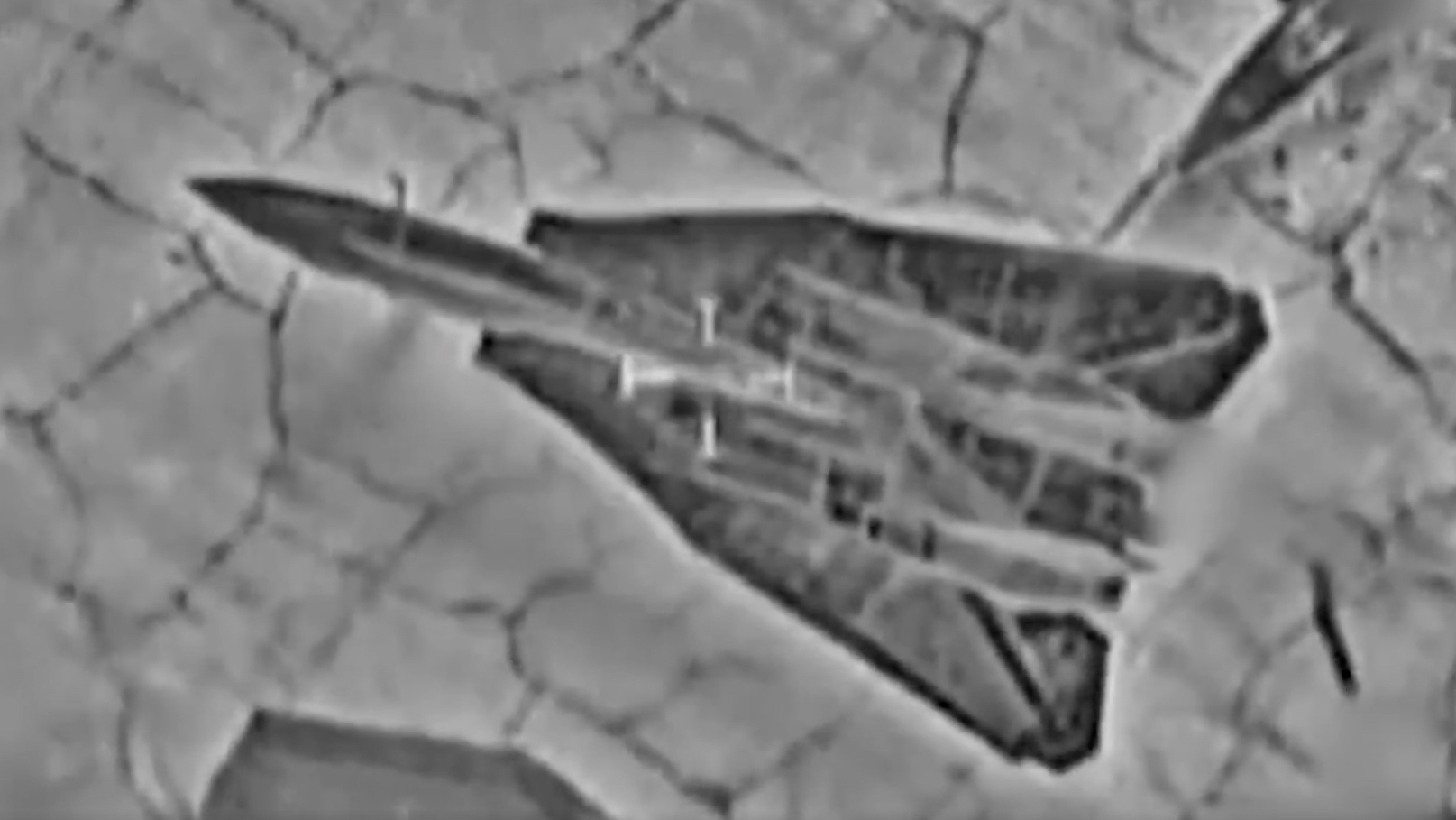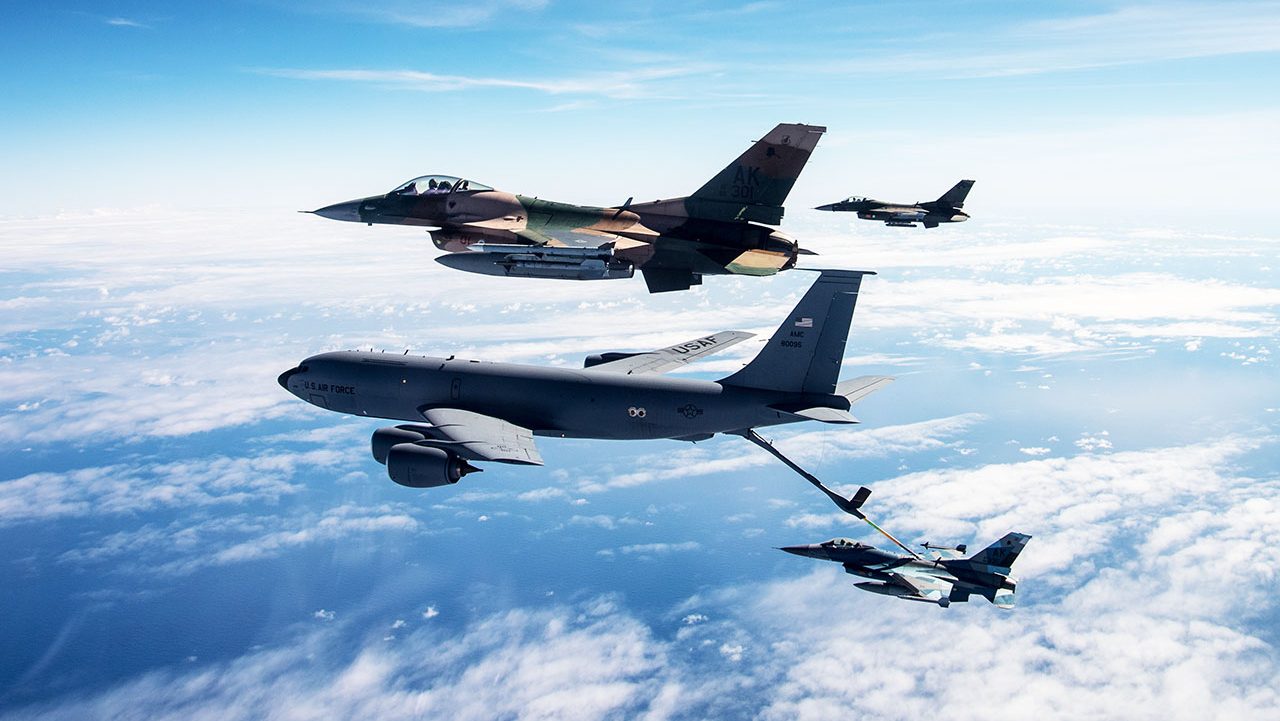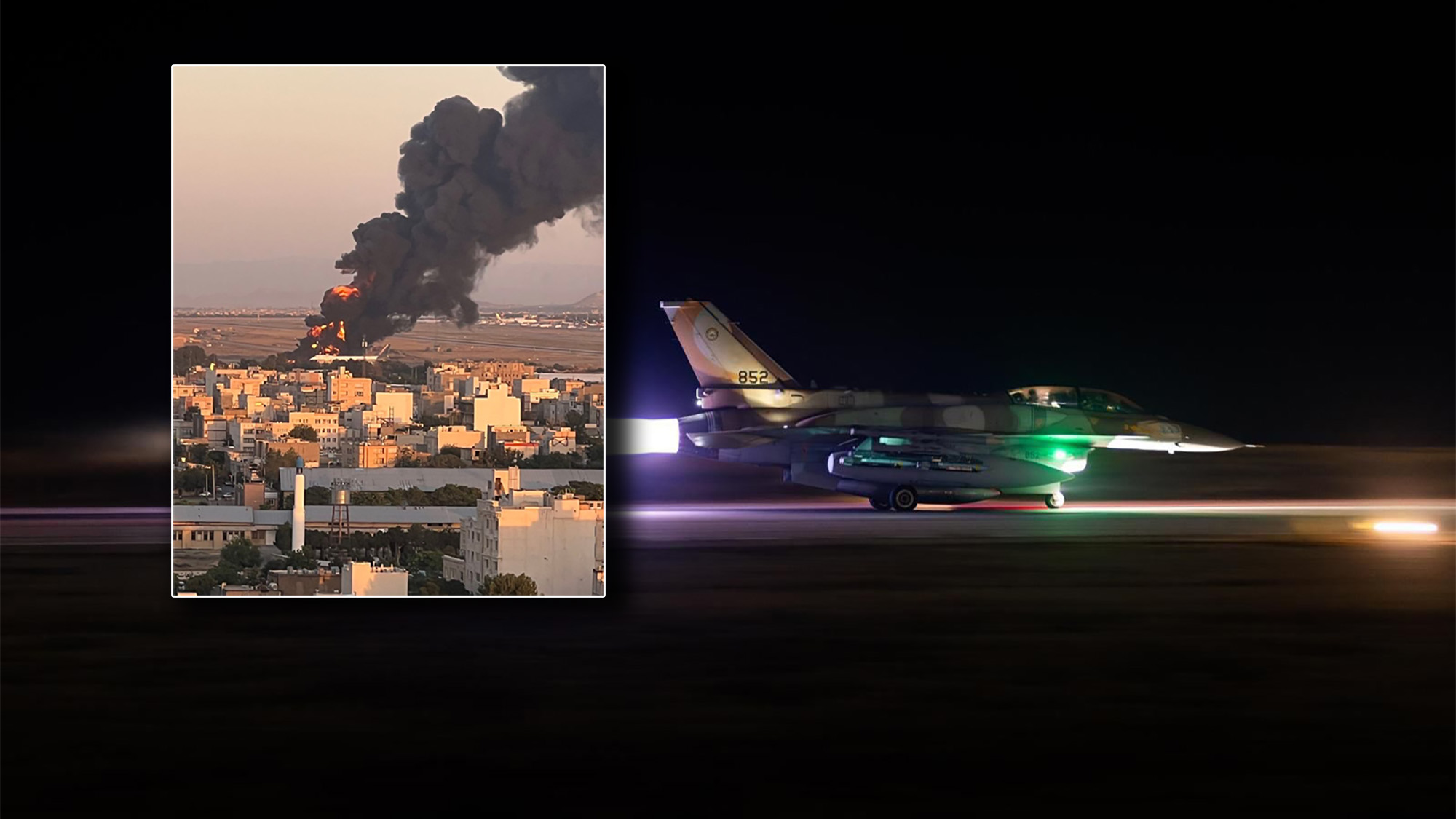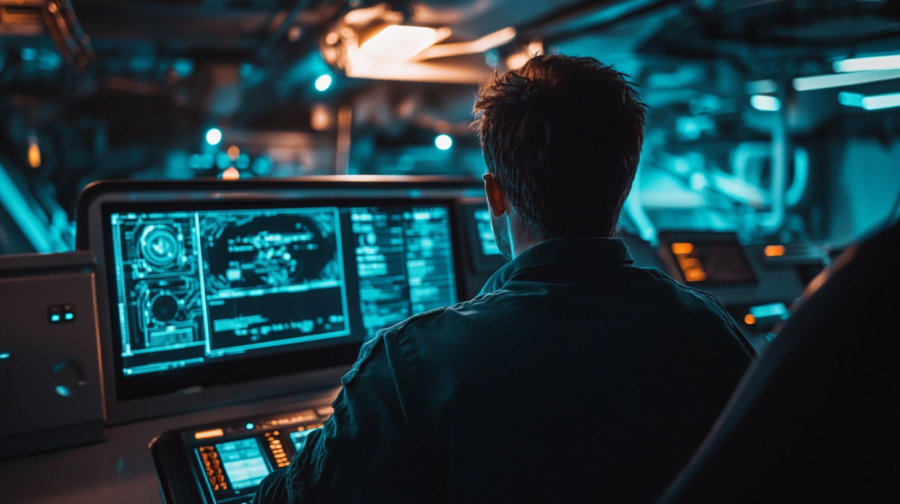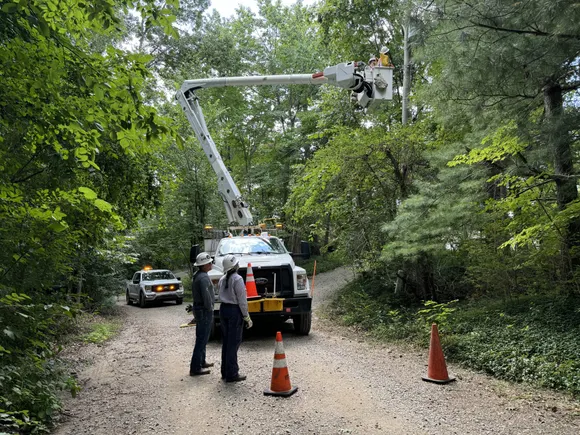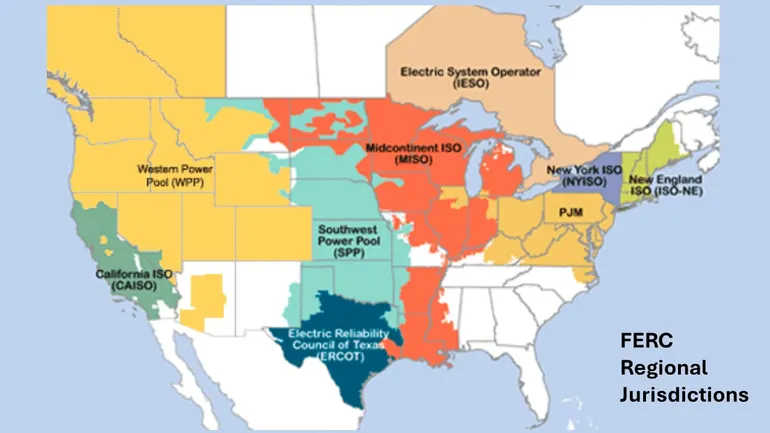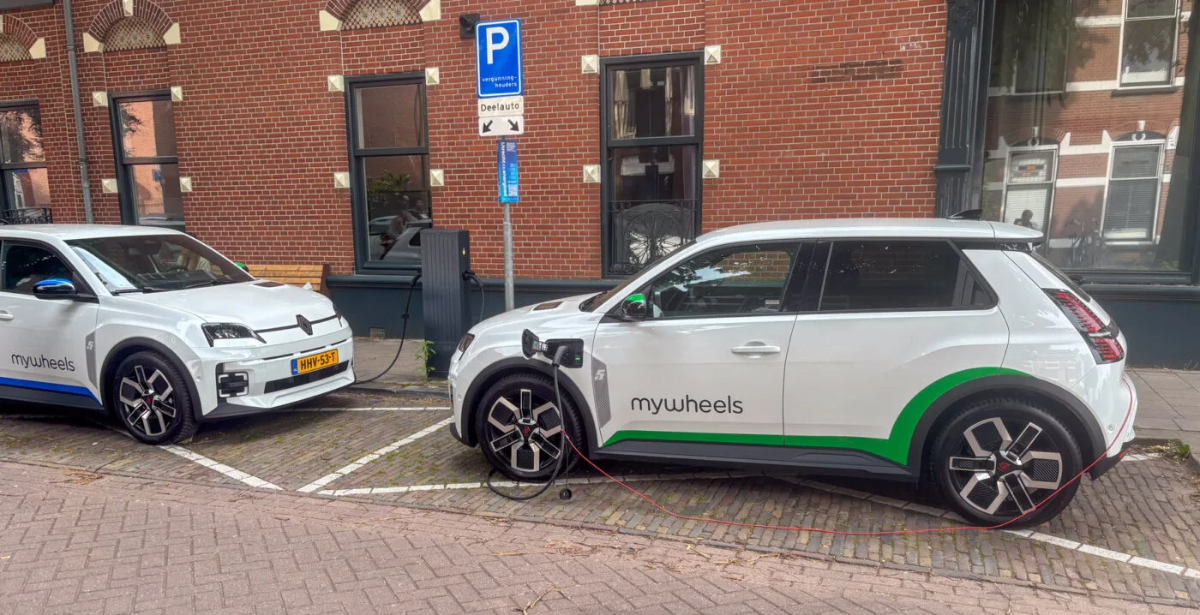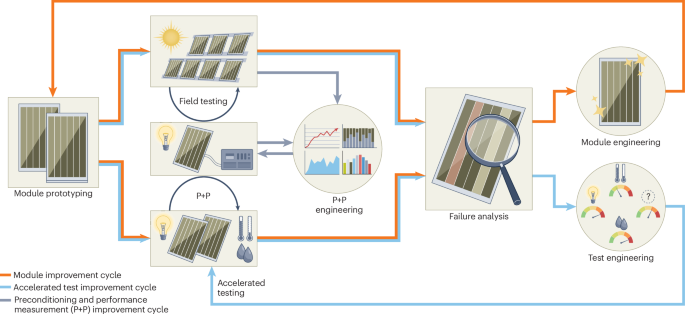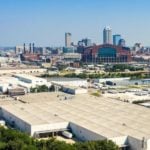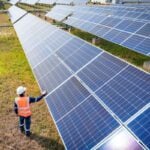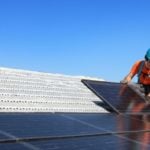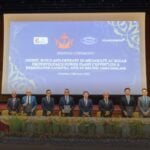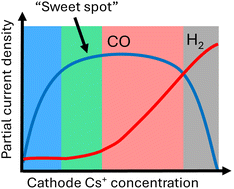A Self‐Assembled Nanoreactor for Realizing Antibacterial Photodynamic/Gas Therapy and Promoting Wound Healing
Advanced Healthcare Materials, EarlyView.

A novel type of self-assembled nanoparticles that possesses excellent water-solubility, satisfactory stability, and light-triggered antibacterial capacity is prepared. This work provides an excellent strategy for eliminating pathogenic bacteria and improving the healing of infected wounds and investigates the antibacterial mechanisms of these nanoparticles in depth. This work is meant to inspire the preparation of next-generation antiseptics for clinical use.
Abstract
Among various treatments employed to solve the global problem of bacterial infection, photodynamic therapy (PDT) is recognized as a method with great potential to inactivate a wide range of bacteria without the development of drug resistance. However, many commonly used photosensitizers (PSs) have the disadvantages of poor water-solubility and potential toxicity, which limits their clinical application. Additionally, nitric oxide (NO) has unique advantages in antibacterial treatments due to its small molecular weight. Herein, protoporphyrin IX (PpIX), L-arginine (L-Arg), and glycol chitosan (GC) are used to construct a self-assembled cationic Arg-GC-PpIX nanoreactor for efficient bacterial inactivation under white light illumination. The Arg-GC-PpIX nanoreactor with excellent water dispersity and stability can rapidly bind to bacteria through electrostatic interaction and produce local singlet oxygen (1O2)/NO under light irradiation, leading to a high antibacterial efficiency toward both Gram-negative and Gram-positive bacteria. Besides, these NPs also possess a desirable antibiofilm ability. Finally, Arg-GC-PpIX@Gel which is obtained through loading Arg-GC-PpIX into the sodium alginate (SA)/Ca2+ hydrogel shows a satisfactory ability to promote infected wound healing when combined with white light irradiation. Therefore, the rationally designed Arg-GC-PpIX nanoreactor with light-triggered 1O2/NO release is a promising antibacterial agent for achieving effective PDT/NO gas therapy.







